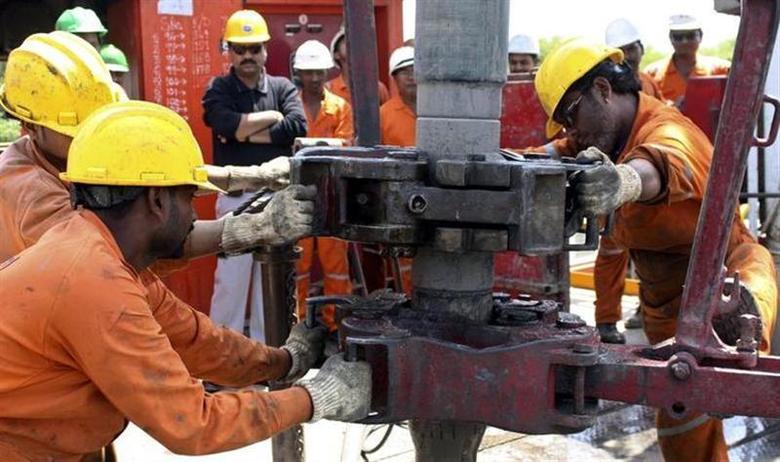
INDIAN OIL PRICES

FT - India said output cuts by Opec producers could prove a threat to its energy security, which together with higher prices, is pushing the world's third-largest crude consumer towards alternative suppliers.
Dharmendra Pradhan, India's minister of petroleum and natural gas, said the south Asian country is evaluating how to buy cargoes from several non-traditional suppliers such as the US and Canada which are "becoming very competitive".
Mr Pradhan spoke to the Financial Times in Vienna after delivering remarks to Opec representatives ahead of the group's ministerial meeting this week.
Opec and big producers outside of the cartel, such as Russia, are expected to extend the supply cut deal agreed late last year until March 2018 as they grapple with a stubborn oil market surplus.
Mr Pradhan said while Opec's production curbs seek to end the price slide, it could open the door to under investment into new production and threaten future supplies from these countries.
"We are preparing for price volatility," he added about his search for new exporters outside the cartel.
The US, he noted, had some fields that were able to produce economically at $25 a barrel, as costs have come down after the price collapse that has entered its third year. "The energy business has changed very fast in recent years," he said. "We can't put all of our eggs in a single basket."
Mr Pradhan used his meeting with Opec delegates to air grievances with the group of producers from which India sources 86 per cent of its oil supplies. This feeds into its refineries that have processing capacity of 4.6m barrels a day.
He said despite the collapse in prices since the middle of 2014, Asian customers who are traditionally dependent on Middle Eastern oil to meet their energy needs, continue to pay a premium for crude compared with buyers in Europe or the US.
"We don't expect preferential treatment, but we don't want to be treated unfairly," Mr Pradhan said, adding the country's refiners have for years paid billions of dollars more than they should annually.
"India is very price sensitive. I need to ask how do I serve my citizens best," he said. "We are free to import oil from any part of the world . . . from the US and Canada, as well as more supplies from Russia."
Indian oil demand is expected to rise by 200,000 b/d to nearly 4.5m b/d this year, according to the International Energy Agency. It is forecast to account for roughly 15 per cent of global oil demand growth in 2017.
"We're a big consumer. We need energy security. Opec needs market security," Mr Pradhan said.
Mr Pradhan said higher crude prices would also encourage India's move towards natural gas, renewables and alternative technologies such as electric vehicles.
"No one should underestimate new technologies," he said. "We can't shy away from them."
He forecasts Indian crude demand growth will flatten after 2030 even if the absolute level of consumption rises as the country embraces greener fuels, from solar to wind, as it seeks to adhere with the Paris climate agreement.
"Just like shale disrupted the oil market, renewables are also regarded as disruptive technology."
-----
Earlier:





